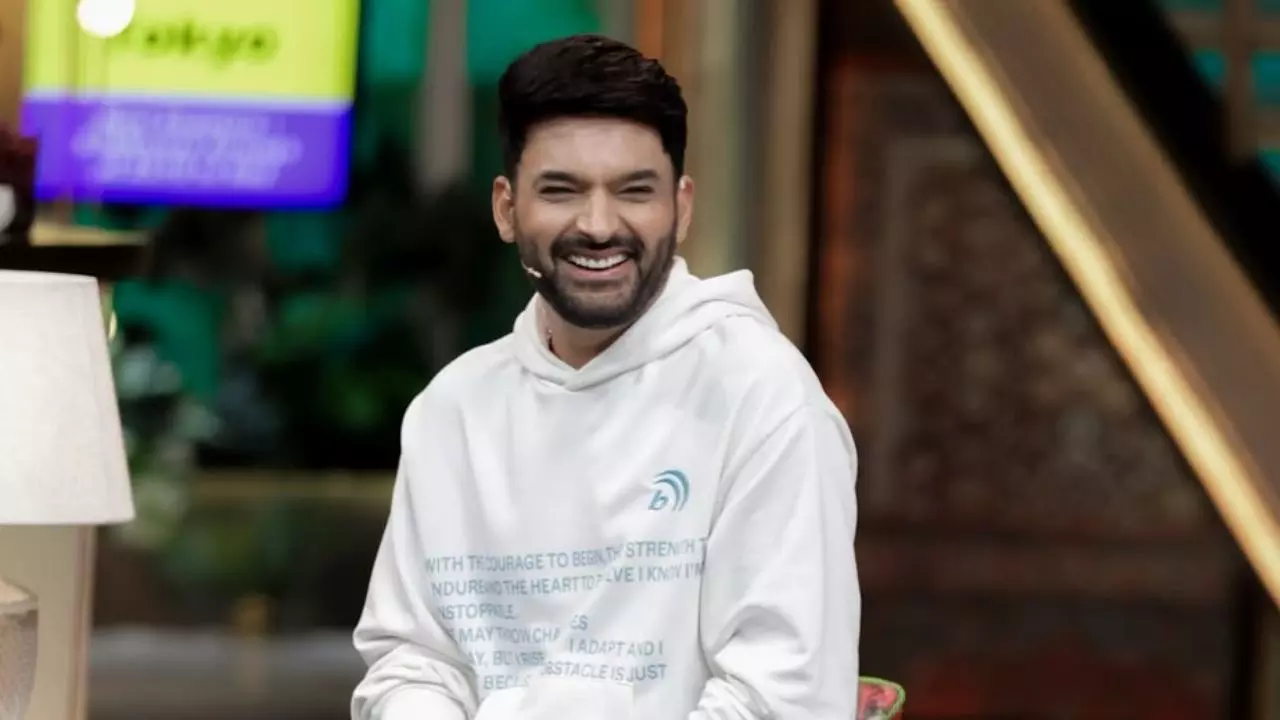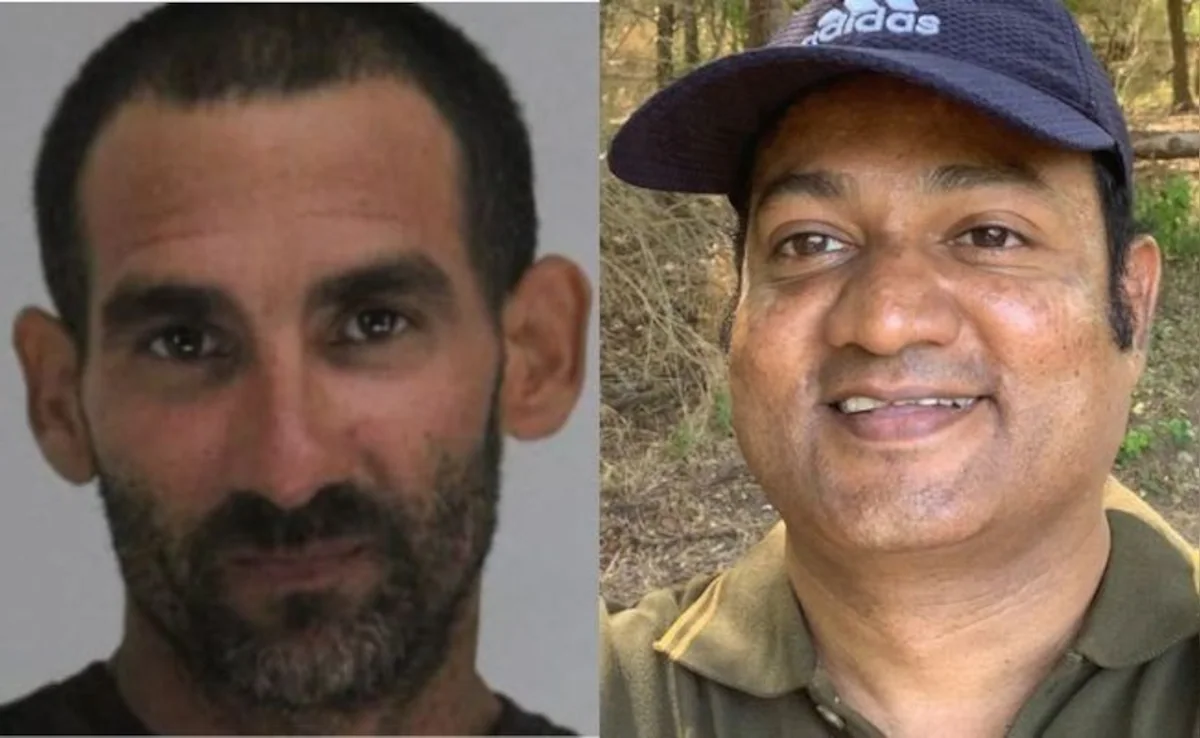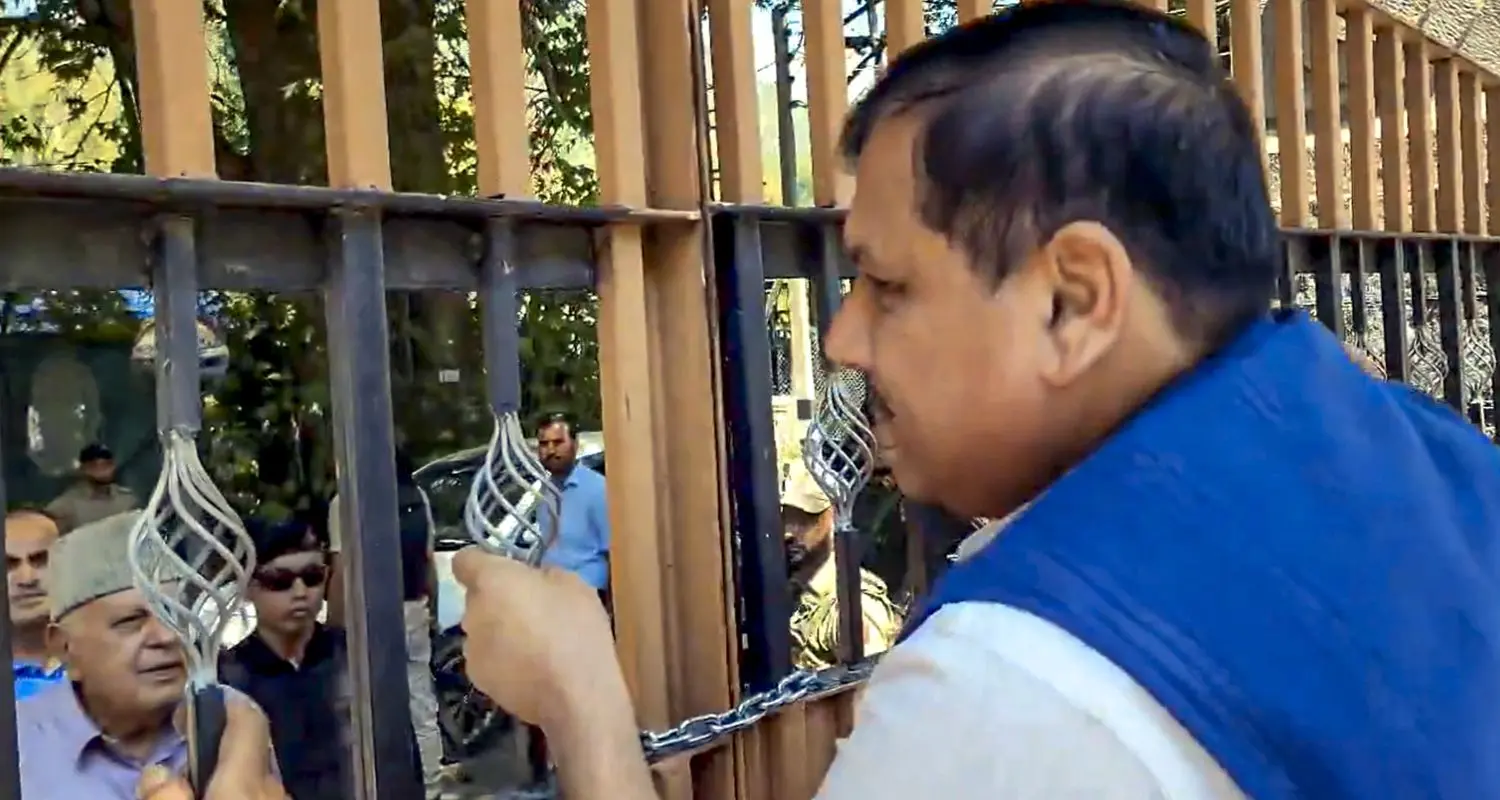The Supreme Court will give its verdict tomorrow on a clutch of review petitions seeking to overturn the Sabarimala judgement of September 2018 that allowed women of all ages to enter and pray at the Lord Ayyappa temple nestled in the hills of the Western Ghats.
The five judge bench of Chief Justice of India Ranjan Gogoi and Justices Rohinton Nariman, AM Khanwilkar, DY Chandrachud and Indu Malhotra. On September 28 last year, in a majority ruling, a coinstitution bench consisting of the then CJI Dipak Misra and Justices Rohinton Nariman, AM Khanwilkar, DY Chandrachud, and Indu Malhotra had, by a 4:1 majority lifted the lifted the ban on the entry of women between the ages 10 to 50 into the Sabarimala temple in Kerala. Justice Indu Malhotra was the lone dissenting voice.
Violence broke out in many parts of Kerala following the judgement, particularily after the Marxist led government showed an unseemly hurry to implement the verdict though the same government had shown no such alacrity in relation to an apex court order regarding a fued between two factions in a prominent church in central Kerala.
Subsequently, 56 review petitions and some fresh writ petitions were filed challenging the verdict. The Court had heard the review petitions and writ petitions in open court before reserving its verdict on February 6 this year. A constitution bench headed by CJI Gogoi started heard the clutch of review petitions and 4 writ petitions opposing the entry of women into the temple as allowed by the apex court. The CJI had asked the asking the senior advocates to confine their arguments to the grounds in the review petitions. In the course of two hours, around 10 advocates, appearing for various petitioners, presented their arguments before the Supreme Court.
Among those to prwsent the case was senior advocate K Parasaran, who appeared for the Nair Service Society who submitted that the Constitution bench had failed to deal with the interplay of the Constitution’s Preamble and Articles 15, 17 and 25 of Constitution. Parasaran highlighted that Article 15 (prohibition of discrimination), which threw open all public institutions of secular character to all classes of person, conspicuously omitted religious institutions and therefore it was an error to strike down a temple custom under Article 15.He also asserted that the Supreme Court’s September judgment did not consider the crucial aspect that Article 15 (2) does not cover religious places. The omission to consider this aspect constitutes an error apparent on record, the counsel submitted.
He argued that the practice was limited to a particular age group, and therefore cannot be equated with untouchability — which excluded an entire class of people. Parasaran concluded saying that the exclusionary practise in Sabarimala is based on the character of the deity, which is that of Naishtika Brahmachari or permanent celibate.
Appearing for the chief priest or Thantri of the Sabarimala temple, senior advocate V Giri reitrated that right to pray has been in consonance with the nature and form of the deity. He argued that the restriction in Sabarimala had been based on the character of the deity. Advocate V Giri argued that any person who asserts right under article 25(2)(b) to worship has to do it in consonance with the nature of deity.
Later, advocate Jaideep Gupta for the Kerala government made it clear that the government was opposing the review petitions as no grounds had been made out for review. He asserted that essential practice of religion and essential practice of a temple cannot be confused and that exclusion of women from a temple was not essential to Hindu religion. “Every temple may be having its own practice. Court cannot go into the essential practices of every temple. That would mean each temple is a denominational temple. That will lead to the destruction of essential religious practise test,” he argued.
The Kerala government’s counsel also opposed arguments put forward by various petitioners that it was a private issue. “It is about public law issue unless they argue that women between age 10 to 50 are not a class of Hindus,” Jaideep Gupta said. He also told the bench that it should not consider the tension and violence that followed the judgment. “That social peace has been destroyed is not a ground for reviewing the judgment. Constitutional invalidity cannot be permitted to go on,” he argued.
The Kerala government’s pro women’s entry stand was in contrast to that of almost every other political party or formation in the state including the Congress and the BJP which were united in opposing the stand. That the government stood isolated became evident in the Lok Sabha elections when the Left Democratic Front government, which has a near two third majority in the assembly got decimated in the parliamentary polls, winning just one of the 20 seats at stake in the state.


 Latest world news15 hours ago
Latest world news15 hours ago
 Latest world news15 hours ago
Latest world news15 hours ago
 India News14 hours ago
India News14 hours ago
 Latest world news14 hours ago
Latest world news14 hours ago
 India News14 hours ago
India News14 hours ago















